


The government has been urged to formulate robust policies to enhance the adoption and responsible use of Artificial Intelligence (AI) in Ghana’s productive sectors.
The call was made by Professor Quist-Aphetsi Kester, Dean of the School of Computational Sciences at Dominion University College (DUC), who said AI could boost innovation, data sovereignty, and economic growth.
“Ghana must position itself at the forefront of AI adoption in the sub-region. With the right policies, we can leverage AI to strengthen our economy, enhance security, and drive sustainable development,” he stated.
Dr Kester was speaking at the maiden Media AI Conference in Accra on the theme: “Artificial Intelligence, Truth, and Media Innovation.”
The conference, organised by DUC, brought together students, journalists, and technology experts to explore the transformative role of AI in media and governance.
Participants took part in sessions on Deepfake and Misinformation Detection, Prompt Engineering, AI Tools for Content Creation, and Building a Media AI Toolkit.
Prof Kester warned that Ghana risked lagging behind in the global technological race if it failed to integrate AI into governance and industry while neglecting its data resources.
He expressed concern that much of the country’s critical data, particularly in the health and security sectors, remained under foreign control.
“Our hospital data is not with us. It is handled by some Indian and Israeli companies. They use that data to study our health patterns, develop drugs tailored for our environment, and then sell them back to us at a profit,” he said.
Dr Kester stressed that that dependence undermined Ghana’s ability to build local AI solutions, and urged the establishment of data centres and policies to retain ownership of national data.
“Forget about data privacy. It no longer works. The real issue is whether we control our data and use it to our advantage. Machines already read everything in real time. What matters is how we secure and utilise that data for our development,” he stated.
Prof Kester cited the potential of AI to transform national systems, including electricity distribution and law enforcement.
“If ECG used AI to analyse data from mobile payments and household consumption, they could detect illegal power connections without wasting fuel on random inspections.
“AI can also predict patterns of electricity use and guide infrastructure development,” he said.
Dr Kester said that AI could support security agencies by monitoring suspicious activity and preventing threats.
“Based on the channels people watch or the sites they visit, AI can predict potential threats and help security agencies act before incidents happen,” he noted.
Prof Kester cautioned against the wholesale adoption of foreign AI policies and advocated for home-grown solutions, including local payment systems and governance frameworks to strengthen domestic industries and position Ghana as a West African leader in AI.
He also highlighted AI’s role in combating misinformation, noting, “Globally, it is difficult for civilians to detect misinformation. AI tools can bridge this gap by helping verify information quickly and efficiently. Ghana must invest in these technologies to protect truth in media and democracy.”
On the issue of employment, Prof Kester clarified that AI would not eliminate jobs but expand opportunities.
Dr David King Boison, an AI expert and Senior Research Fellow, echoed the call for strategic AI investment during a presentation on Deepfake Detection and Political Reporting.
He emphasised a shift from the Fourth Industrial Revolution, centred on automation, to the Fifth, marked by human-AI collaboration.
“Dubai has developed its own GPT model. We are also training African models that will give us independence from expensive foreign AI systems,” Dr Boison said, adding that efforts were underway to develop African-owned AI models in indigenous languages, freely accessible to citizens.
Source: GNA
The post Ghana government urged to develop policies to promote AI in key sectors appeared first on Ghana Business News.
Read Full Story
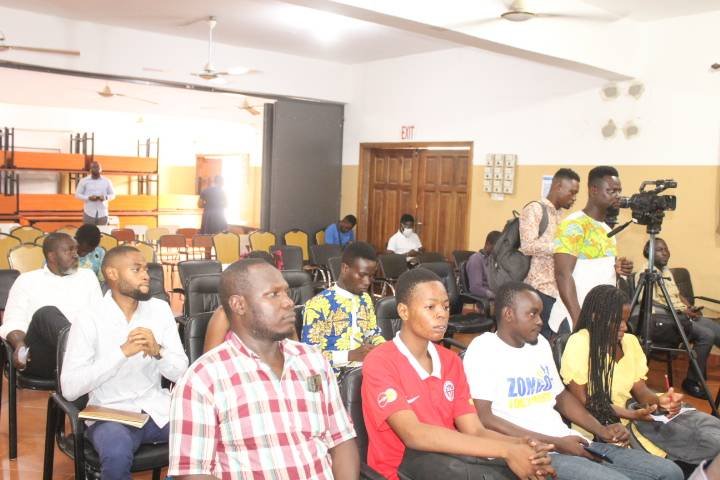



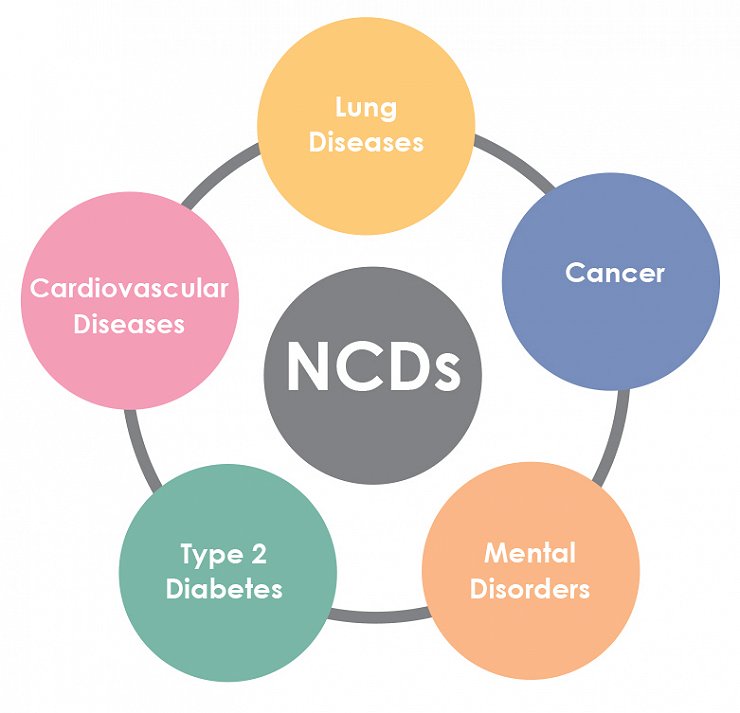




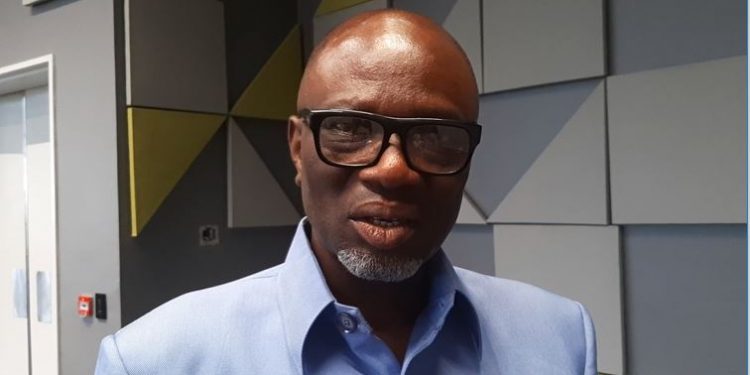




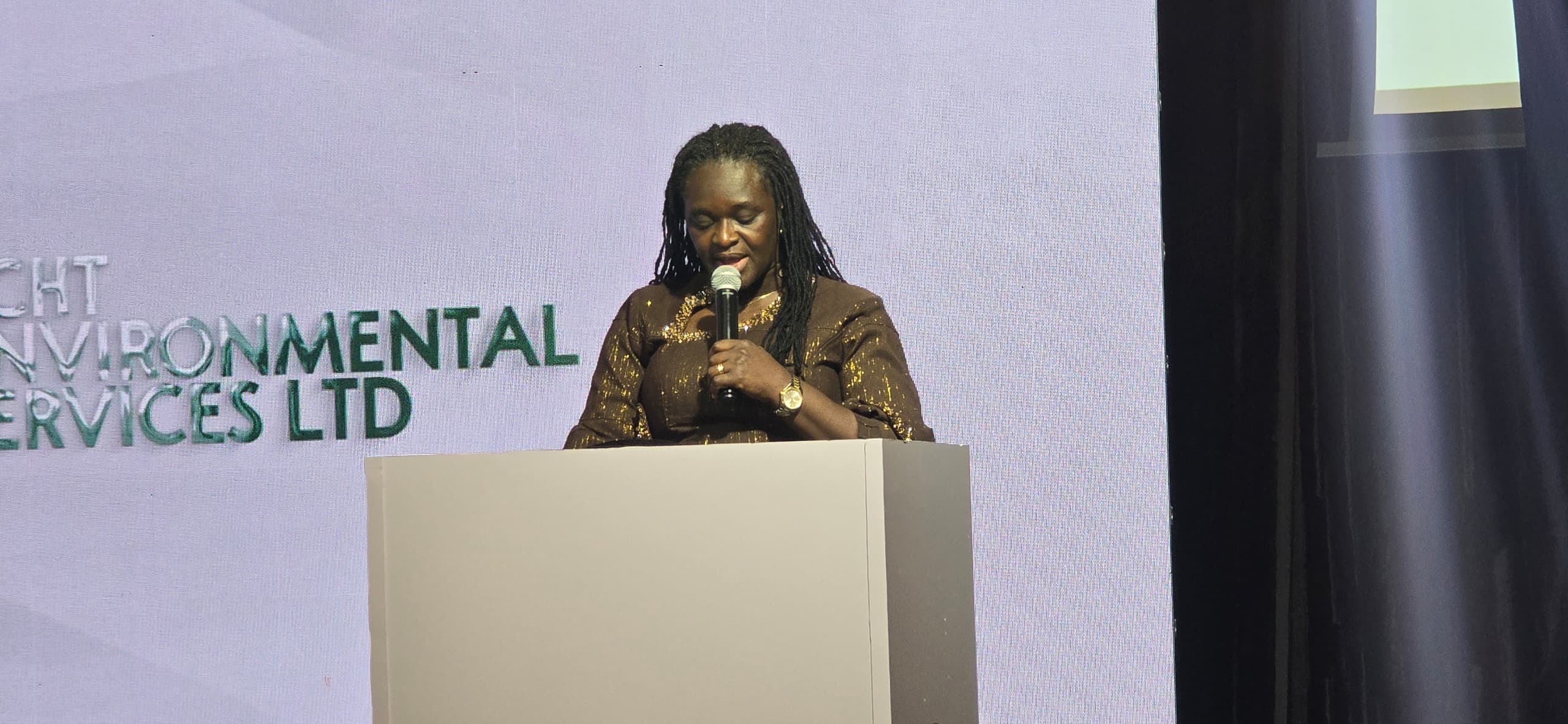
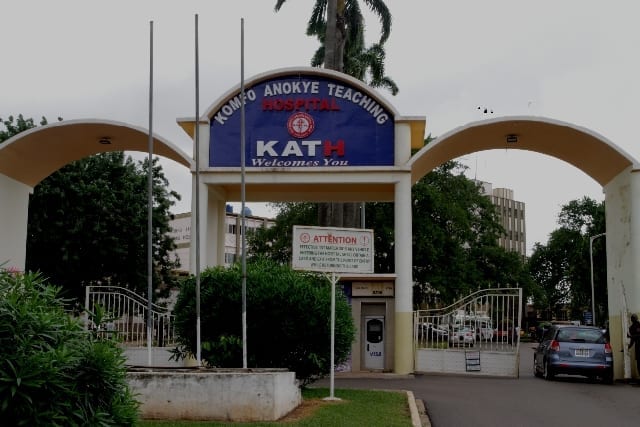




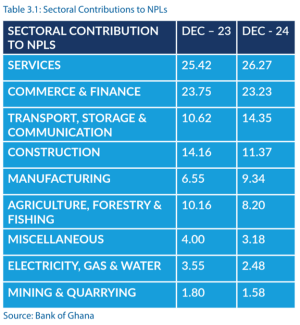

Facebook
Twitter
Pinterest
Instagram
Google+
YouTube
LinkedIn
RSS